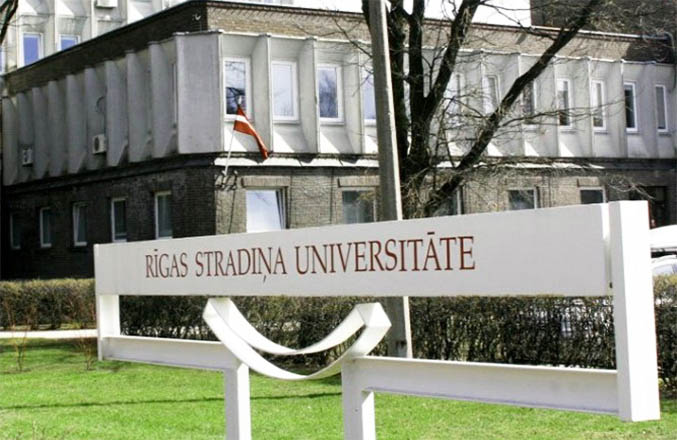
The secondary full general education in Latvia includes the following main steps: basic education lasting 9 years, first step of the general secondary education; the final cycle of secondary education lasting 3 years which is carried out in a gymnasium Receiving senior secondary education occurs, since the 10th class, in the profile focused classes of the natural-science, mathematical and humanitarian directions. The graduates who successfully finished training and passed the state certification receive the Certificate about senior secondary education (Atestats par Visparejo Videjo Izglitibu) which opens access for receipt to higher educational institutions. Basic professional education (10-11 classes) can be got at basic vocational schools and comes to the end with obtaining the certificate on basic professional education (Aplieciba par profesiionalo pamatlzglitibu).
Full secondary professional education in Latvia, training duration in which 4 years, are realized at high vocational schools and professional gymnasiums. When training in these educational institutions, after receiving basic education, pupils, along with development of a profession, get also secondary (full) general education. Graduates of these educational institutions gain the diploma about full secondary professional education (Diploms par profesionalo videjo izglitibu) which opens access to universities. Access to higher educational institutions of Latvia is open for all owners of certificates on receiving secondary full education. However higher education institutions define requirements of reception depending on the number of the submitted applications. It can be entrance examinations in one profile or to several objects (but no more than 4), a competition of certificates with emphasis on the main subjects or interview. The entrants who did not pass competitive tests for revenues to the places financed to the states can be accepted on a contract basis. In the country process of introduction of the centralized state exams for high school comes to the end. Since 2003 the system of offset of results of these examinations at transfer is entered into higher education institutions of the country instead of carrying out entrance tests.
In Latvia there are two types of the higher education. The law “About Education” adopted in 1991 established distinction between the academic and professional educational programs, and the additions to the Law “About Higher Educational Institutions” accepted in December, 2000 established also distinction between higher educational institutions of university type and not university type. The last can realize only professional programs of preparation whereas the first can offer both the academic, and professional programs
Programs academic the highest education in Latvia (the 5th ISCED level) are based on studying of fundamental and/or applied sciences; usually writing is required and it is sewn up final work at end of each of the steps leading to assignment of degrees of the Bachelor (Bakalaurs) and the Master (Magistrs).
Degree of the Bachelor is awarded after end of the first step of university education. Duration of programs is 3-4 years or 120-160 Latvian credit/test units (180-240 ECTS units).
Degree of the Master is awarded upon termination of the second step of the academic higher education. Programs of training can be calculated on 1-2 years of preparation, i.e. 40-80 Latvian test units (60-120 ECTS units), and the general duration of training has to be not less than 5 years (200 Latvian test units). (6 and 5 years of training respectively) degrees of the bachelor and the master are not provided in medicine and stomatology, however the awarded diplomas are considered equal to the master’s degree.
The Master’s degree (or its equivalent) is required for reception on the programs leading to assignment of degree of the Doctor (Doktors) which admits the international context as Ph.D degree. Programs provide 3-4 years of preparation during which it is necessary to conduct independent scientific research, to pass necessary examinations, to be published in scientific magazines of the international level and to protect the prepared work.
In Latvia there are several types of training programs of higher education.
Professional programs of the higher education of the first level (program of colleges) are calculated on 2 years of training (80 educational units) after receiving senior secondary education. These programs are directed to training of specialists of the average level (the 4th level of professional qualifications) on a wide range of specialties and come to the end with award of the Diploma of the first level of higher education.
The test units received at this level are considered at continuation of education at the second level of professional higher education leading to obtaining the diploma of the fifth level of professional qualifications.
Professional programs of the highest formation in Latvia of the second level are calculated, at least, on 4 years of training (160 educational units) after receiving senior secondary education. These programs are considered as finishing professional higher education and lead to obtaining the Diploma of the second level of higher education.
In December, 2000 amendments according to which became possible were made to the Law “About Higher Educational Institutions” to award professional degree of the bachelor if the general duration of the program makes not less than 4 years (160 Latvian educational units, 240 ECTS units) and professional degree of the master if the general duration of the program makes not less than 5 years that is equal to 200 Latvian educational units. Thus, long process of reforming of an education system led to creation of symmetric system of degrees and qualifications. System of estimates
In average educational institutions of the country the numerical rating scale in the range of 0-10 is used.
The highest is the assessment of 10 (izcili); 9 – it is excellent (teicami); 8 – it is good (loti labi); 7 – it is good (labi); 6-it is almost good (gandriz labi); 5 – it is satisfactory (viduveji); 4 – it is almost satisfactory (gandriz viduveji); 3-1 – it is unsatisfactory (neapmieriinisi). The assessment 4 is a checkpoint, 1 of the lowest.
All higher educational institutions of Latvia use also 10 mark system of estimates: 4 is an assessment through passage, the 8th highest “normal” mark, estimates 9-10 are awarded only for especially outstanding progress in study, for performance of additional, difficult tasks at examinations. Separate higher education institutions use 5 — 6 as estimates through passage, and 9-10 as normal highest marks.

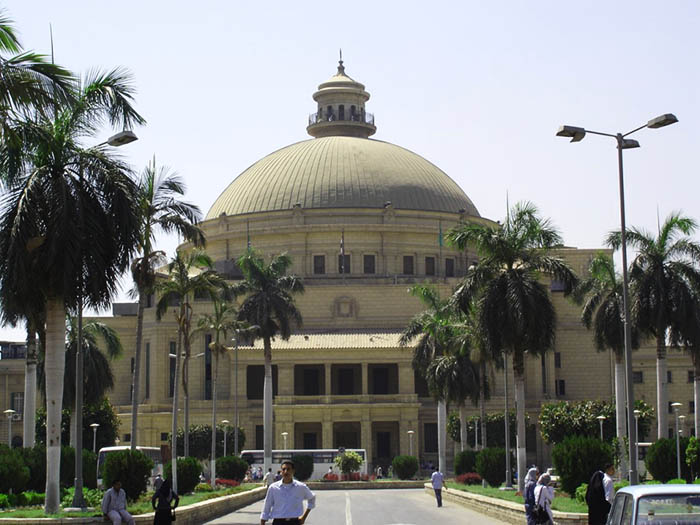
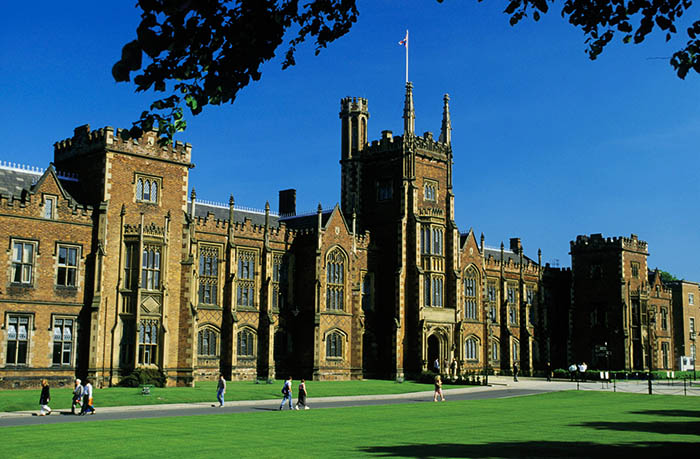
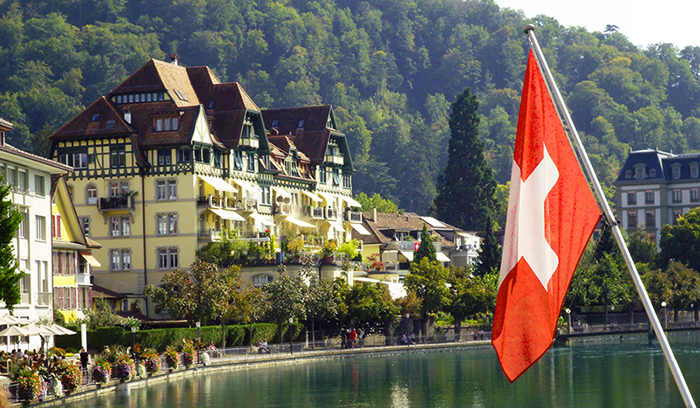
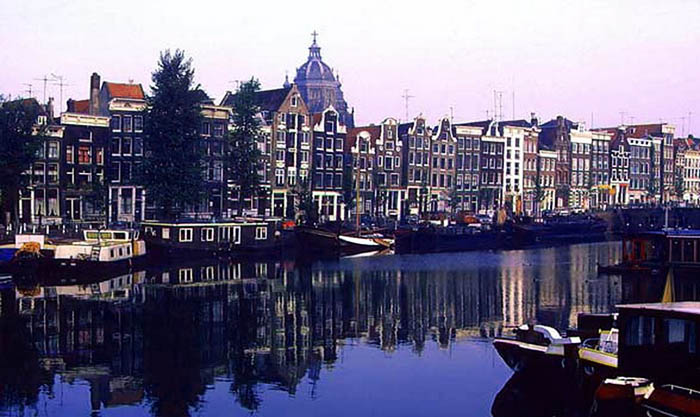
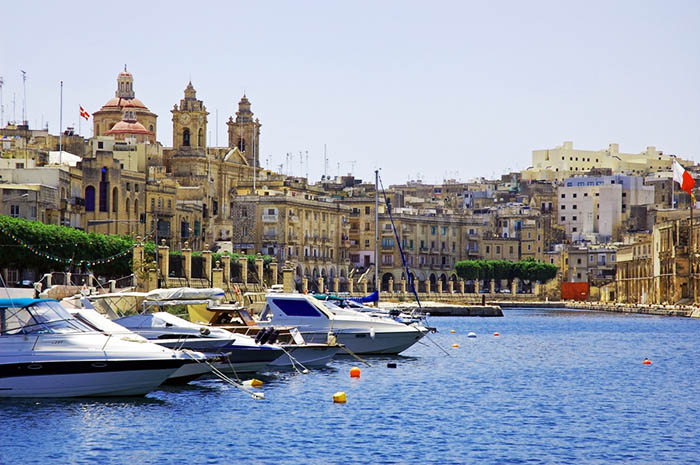
Leave a Reply